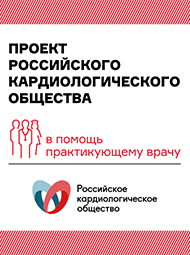CardioBuzz: USPSTF Finalizes Vitamin Guidance
After considering public comments, the U.S. Preventive Services Task Force (USPSTF) finalized its updated recommendations on the use of vitamin, mineral, and multivitamin supplements for the prevention of cardiovascular disease and cancer.
The recommendations, which remained unchanged from when the draft guidance was released in November, were as follows:
There is insufficient evidence to recommend for or against supplementation with multivitamins, individual nutrients, or paired nutrients for the primary prevention of cardiovascular disease or cancer, with two exceptions.
Beta-carotene supplements should not be used because of a proven lack of benefit accompanied by an increased risk of lung cancer and lung cancer death in people already at risk for the disease due to a history of smoking.
Vitamin E should not be used because of a lack of benefit, albeit with little to no harm.
Because of the lack of adequate evidence to weigh the risks and benefits of various supplements, however, the USPSTF acknowledged that it could not rule out a benefit for certain nutrients.
"A critical gap in the evidence is the lack of studies of multivitamin combinations in groups generalizable to the U.S. population," the task force noted. In addition, "the paucity of studies and general lack of effect of any single nutrient or nutrient pair makes it difficult to draw meaningful conclusions on the balance of benefits and harms without a coordinated research effort and focus."
In response to the public comments received after the draft recommendations were released, the task force made some changes to the language talking about the harms of beta-carotene, the effects of vitamin E supplementation, the gaps in research, and the recommendations of others.
The guidance updates the task force's previous recommendations on the topic issued in 2003.
CardioBuzz is a blog by Todd Neale for readers with an interest in cardiology.
Source: www.medpagetoday.com






